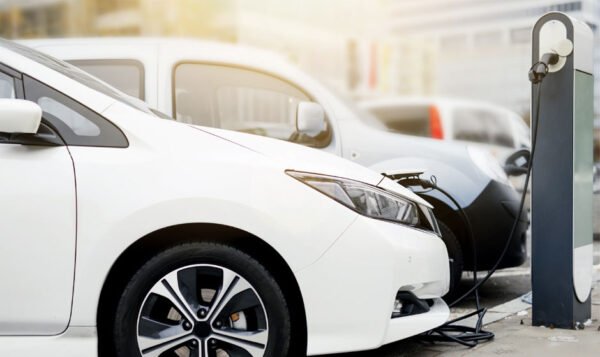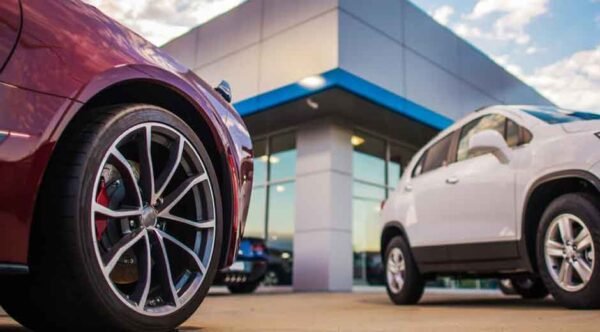Smart Car Buying Tips: Navigating the Market for New & Used Vehicles

Buying a car will always be a difficult process to go through. Not only is it a major financial decision, but it is also a big lifestyle decision too. Motorists often struggle to decide between new and used and there are many important factors to consider, such as your budget, lifestyle, personal preferences, depreciation rate and maintenance costs as a few examples.
The Benefits of Buying Used Cars: Affordability & Value Retention
From a financial standpoint, buying used cars makes a lot of sense. This is because you can make big savings, you get better value for your money and the depreciation rate will be slower. Additionally, used cars will be more affordable to insure than a brand new car.
Assessing the Used Car Market: Research & Inspection
It is vital that you know how to navigate the used car market so that you can find what you are looking for, get a good deal and avoid common scams. It is best to avoid private sales as this can be riskier with less consumer protection, so instead, you should be looking at online platforms and used car dealerships.
It is also a good idea to research how to properly check over and test drive a used car – there are useful guides for this online. In addition to this, you should always get a vehicle history check carried out to determine if there are any hidden issues, such as outstanding finance or previously written off.
Understanding Certified Pre-Owned (CPO) Programs: Peace of Mind & Warranty Coverage
A smart way to enjoy the benefits of a used car while ensuring that it is a good purchase is with a CPO program. Essentially, this is a used car that will have undergone a standardized quality check, usually carried out by the manufacturer. This can reduce the risk of buying a used car for peace of mind, plus you will benefit from better warranty protection than a regular used car.
Financing & Negotiating: Making the Most of Your Budget
Buying a car will always be expensive, so you need to need to determine the best financing option. Buying the car outright will work out to be the cheapest but is not always an option, so you might want to look into a bank loan or dealer finance deal to spread the payment out. Negotiating is always recommended, so it is a good idea to brush up on your skills and use factors like market value, vehicle condition, mileage and extra features to secure a good deal for the car.
If you are in the market for a vehicle, the information in this post should prove to be useful. It will always be a challenging process to go through, but when you know how to navigate the market, you can reduce stress and find a good deal.



